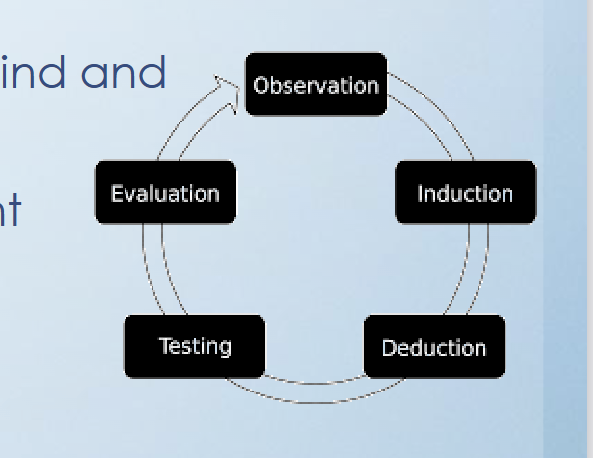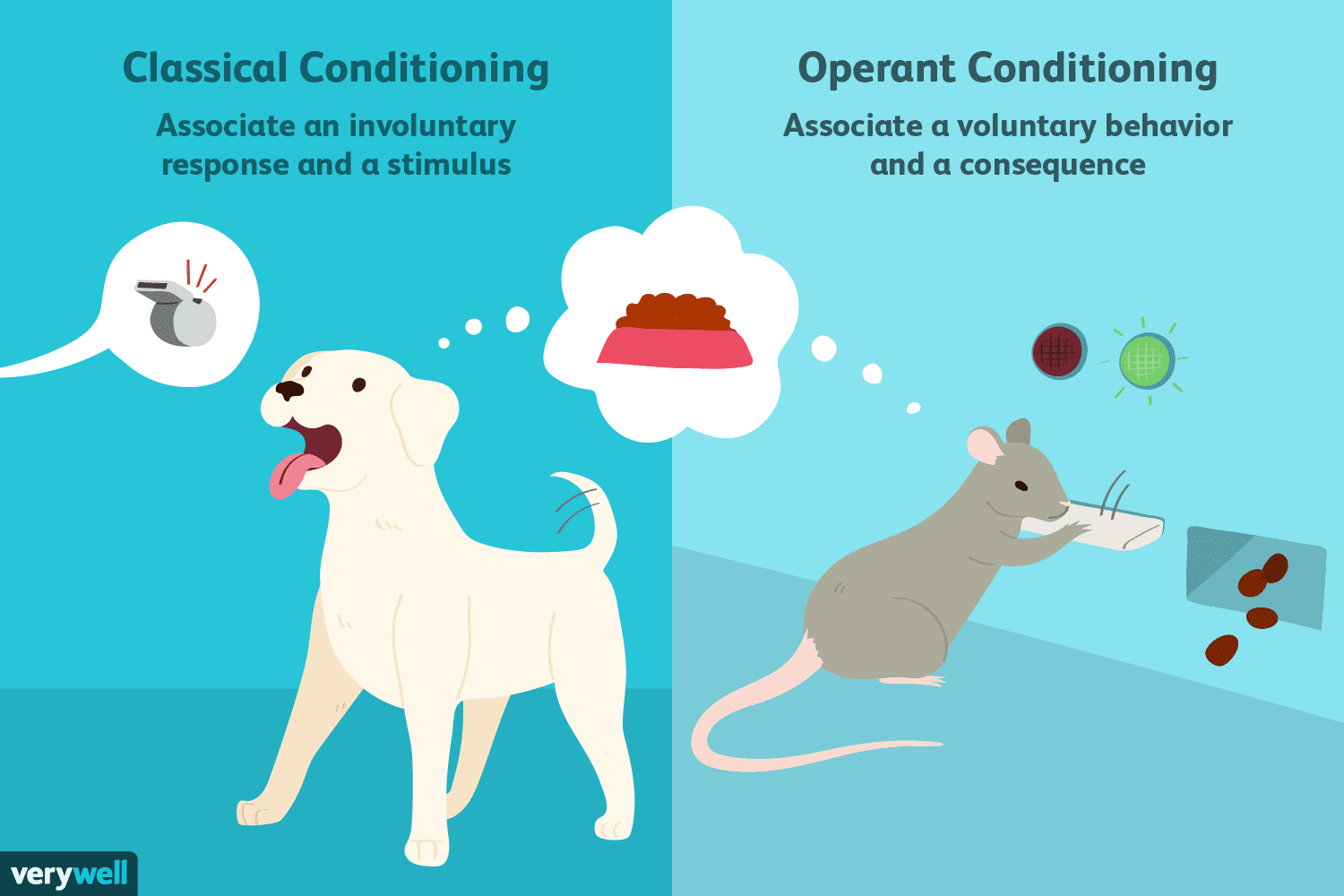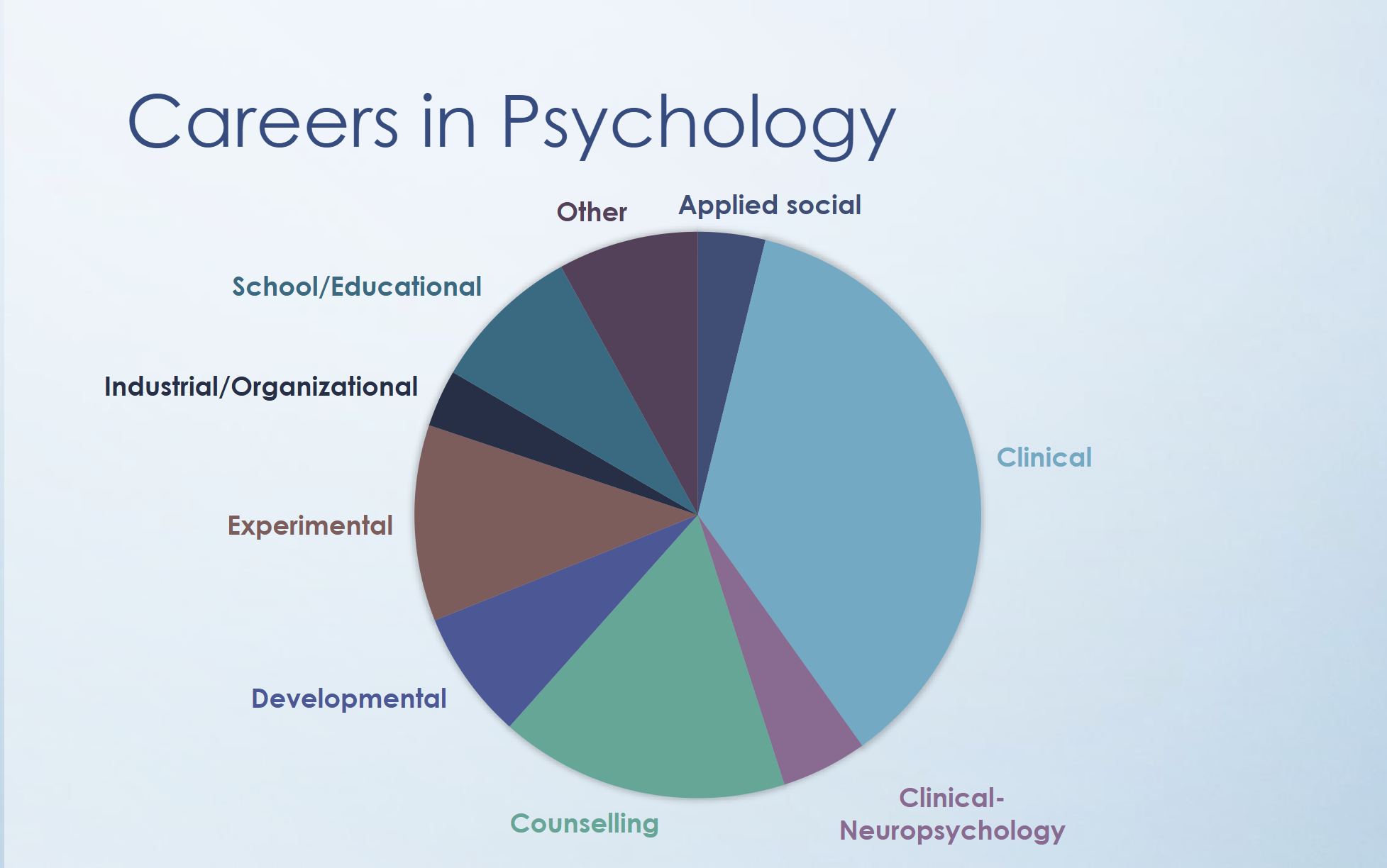Psychology - Chapter 1
1/25
There's no tags or description
Looks like no tags are added yet.
Name | Mastery | Learn | Test | Matching | Spaced | Call with Kai |
|---|
No analytics yet
Send a link to your students to track their progress
26 Terms
What is Psychology?
The scientific study of the mind (thought and emotion) and behaviour
Concerned with empirically examining the mind and behaviour
Also considering biology and the environment (neuroscience)

Neuroscience vs Psychology
Neuro: Scientific study of the nervous system. How specific areas of the brain (molecules/nerves) affects behavior.
Psych: How outside world (cognitive) affects behavior.
Why study psychology?
When studying mental processes and behaviour there are four goals:
1. Description: How do babies learn to talk?
2. Explanation: Why do we get hungry?
3. Prediction: When will we offer help to a stranger? (e.g. Bystander Affect)
4. Control: Reducing stress or increasing self-care
Levels of Analysis in Psychology
The Brain: neuronal (brain cell) activity, brain structures, and genes
The Individual: emotions, thoughts, ideas, consciousness,
personality, and motivation.
The Group: friends, family members, and the larger population
(culture)
Mostly we are using all levels interactively → FOMO comes from the brain. It affects our individual emotions. Something about a groups lifestyle will give us FOMO
Wundt & James
Wilhelm Wundt (1832-1920; German Vater of Psychology)
– Introspection: objective self-reflection/inspection of one’s thoughts
– Volunteerism: free will (e.g. person involved in study has consented)
– Reaction times (RTs)
– Titchner’s structuralism (emotions are more important than behavior)
William James (1842-1910; North American Father of Psychology)
– Functionalism: function of mental activities/behavior (opposite of structuralism - behavior is more important than emotions)
Sigmund Freud (1856-1939)
• Neurologist interested in hysteria (emotional disturbances
without a physical cause)
• Psychological and physical problems can stem from the
unconscious mind
– Dream analysis, slip of the tongue, free association
• Psychoanalytic theory focuses on a person’s unconscious
and early childhood experiences
– Lifespan, personality, and therapy
Gestalt
• Wertheimer (1880-1943), Koffka (1886-1941), and Köhler
(1887-1967) credited with introducing America to Gestalt principles
• Gestalt = “whole”
– A song is a combination of various notes played by various instruments, but we perceive a song as a whole entity, all of the elements in combination
Behaviorism
The theory that human and animal behavior can be explained in terms of conditioning, without appeal to thoughts or feelings, and that some mental conditions are best treated by altering behavior patterns.
• Ivan Pavlov (1849-1936) studied conditioned reflexes via saliva in dogs – classical conditioning (encourage a behavior)
• John Watson (1878-1958) shifted focus from internal to external explanations for behaviour - behaviorism
• B. F. Skinner (1904-1990) consequence (+/-) is the driving force of behaviour – instrumental (Thorndike’s term) or operant conditioning (punishment to change behavior)

Humanism
Emphasis on the potential for good
• Abraham Malsow (1908-1970) believed our
behaviours are impacted by our motivations
to survive (low-level) and later by other
higher-level factors (e.g., esteem) – hierarchy
of needs
• Carl Rogers (1902-1987) developed client-
centred therapy focused on unconditional
positive regard, genuineness, and empathy
Cognition
Shift back to interest in the mind
• Ulric Neisser (1928-2012) credited as the father of cognitive
psychology and coined the term cognitive psychology
• Noam Chomsky (1928-) a linguist who believed the sole focus on behaviour was short-sighted
Multicultural and Cross-Cultural
Culture permeates everything we do – yet it is an understudied topic
• Francis Summer (1895-1954) first African American in US to receive a PhD, his work challenged intelligence testing
• George I. Sanchez (1906-1972) identified barriers (e.g., language) posed to Mexican American children
• Mamie (1917-1983) and Kenneth Clark’s (1914-2005) research on doll preferences challenged segregated education
Women and Feminism
• Margaret Floy Washburn (1871-1939) first women awarded a
doctoral degree in psychology (1894), focusing on animal
behaviour
• Mary Whiton Calkins (1863-1930) earned a PhD from Harvard but was never awarded it! Her work focused on memory
• Mary Cover Jones (1897-1987) demonstrated fear conditioning and fear removal in humans
• Martha Bernal (1931-2001) first Latina person to earn a PhD, her research was with Mexican American children
Biopsychology (Neuroscience) & Evolutionary Psychology
• How biology (nervous system) influences immediate behaviour
– Sleep, drug use/abuse, neural plasticity
• How biology (more broadly) influence immediate and lasting
behaviours
– Darwin’s natural selection (the variations that are advantageous to survival are called adaptive variations)
– Caveat: today’s behaviours are a product of yesterday’s environment
Sensation and Perception
• Interdisciplinary subject
• Our perception of sensory stimuli impacts our experiences
Cognitive Psychology
• Focuses on mental processes
• Very broad in scope → cognitive sciences
– Problem solving, language, development, and even therapy
Developmental Psychology
• Processes related changes across the lifespan
• Jean Piaget’s object permanence
Personality Psychology
• Thoughts and behaviours that make us unique
• The Big Five (OCEAN or CANOE) personality traits
– Stable over one’s lifespan
Social Psychology
• How we interact with and relate to each other
• Milgram, Zimbardo, Asch
Industrial-Organizational Psychology
• Applied branch of psychology
• Using theory in workplaces
– Personnel management, organizational structure, and hiring decisions
Health Psychology
• Biopsychosocial model – health is impacted by an interaction of multiple variables (susceptible to illnesses because of environment.)
– Public policy, education, and interventions (trying to improve life to prevent these illnesses.)
Sports & Exercise Psychology
• Psychological aspects of sports/exercise performance
– Anxiety, managing physical and emotional well-being
Clinical Psychology
• Diagnosis and treatment of psychological disorders/adjustment
• Most widely known and popularized through media
Forensic Psychology
• Within the context of the justice system
– Competency to stand trial, eye-witness testimonies, and children’s testimonies
Contemporary Psychology
Modern psychology
Both historical and social forces determine the
focus of scientific inquiry
• We must always be mindful of passing trends and
scientific objectivity
• There are limits to the answers psychology as a
field can provide.
Becoming a Psychologist
• 4-yr degree program
• Degree requirements vary
• PhD can teach at the university level
Branches of Psychology
• Academic – professors (teaching and doing research)
• Clinical and Counselling - therapists
• Applied – schools, marketing, research institutions, etc.
